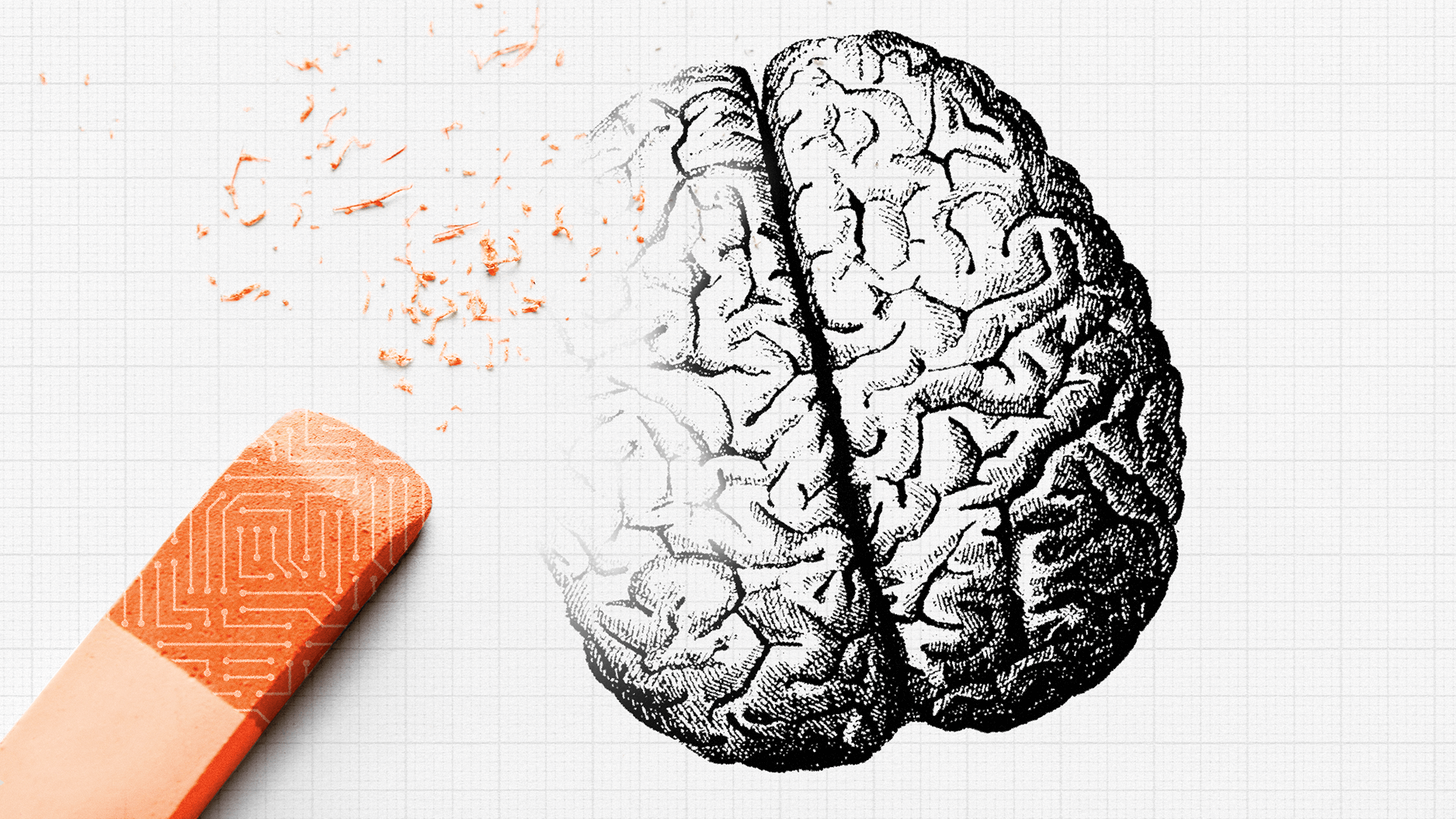The Power of Honesty

An important difference between persuasion and manipulation is that persuasion is done with people and manipulation is done to them. Like all dishonest people, manipulators habitually underestimate the people they attempt to outmaneuver. They overestimate their own skill at deception. And, once discovered, the relational cost is usually high.
Over the long term, in most organizations the cost of lying is also a harsh one. While honest people accumulate trust credits, in credibility terms liars and deceivers head for bankruptcy. Why is it, then, that for many people the path of honesty appears so much more treacherous than the road of deceit?
As cognitive misers (which most people indeed are), we tend to take the path of least resistance, the one that allows us to exert as little thought effort as possible. Moreover, several generations of Americans have been coached via celebrity-style news and political media coverage, television sitcoms, reality shows, to say nothing of friends and acquaintances who seem to get away with it, that lying is an effective form of behavior and honesty is only for suckers.
Honesty suffers further by association with – when not an excuse for – uttering such harsh statements as “Yes, you do look fat in that outfit” and “That’s the stupidest thing I’ve heard today.”
Between such flagrant violations of civility and lying, though, there exists a wide range of largely overlooked options for being honest at many crucial and even everyday points of our lives. The more we use the range, the wider and more accessible it becomes – and vice versa.
Aside from this and the moral upside of having honesty as a front line rather than back burner communication strategy, it’s “money in the bank” in terms of one’s personal and professional reputation. While it doesn’t always pay instant rewards, honesty enables people to have conviction on their side. And personal conviction is a powerful persuasive tool. When you believe what you’re saying, it shows in every fiber of your being.
Granted, it’s one thing to desire to be an honest person — and quite another to put in the hard work it takes to become “good” at it. Parents and teachers counsel children to count to five or more before they say anything when angry. Why don’t we train them (and ourselves) to slow-count before engaging in dishonesty? For those who’ve become habitual liars, the task is a formidable one – but a turnaround is not impossible.
Often increased honesty is simply a matter of stopping yourself, closing your mouth and saying nothing. As Archie Bunker would say: “Stifle!” If stifling a lie makes you appear at fault, guilty, or disinterested, then using a phrase like one of these could prove helpful:
“I want to be very clear about this, so I need a minute to think how to say it,”
or
“You know I’m not the worlds’ best communicator, so give me a moment before I say this,”
or
“I could just blurt out my first thought, but that won’t get us anywhere.”
Photo: Klublu/Shutterstock.com




